How to undergo training ?
It is important to receive training prior to beginning royal jelly production so as to ascertain in-depth understanding and awareness of the solutions available. Our members sometimes seek for seasonal workers: do not hesitate to consult our Newsfeed. Otherwise, several training possibilities are available :
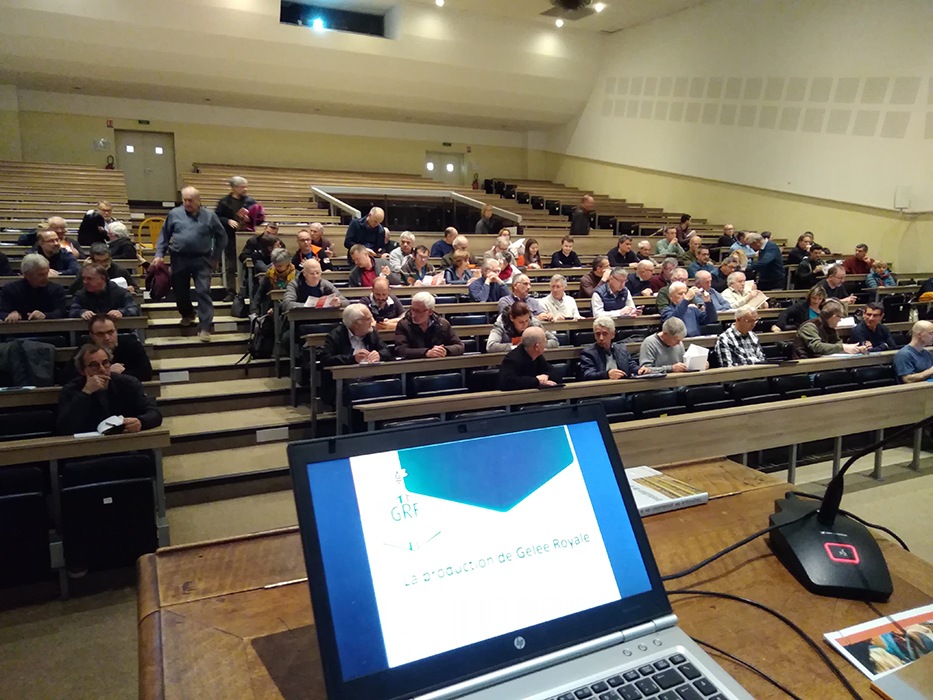
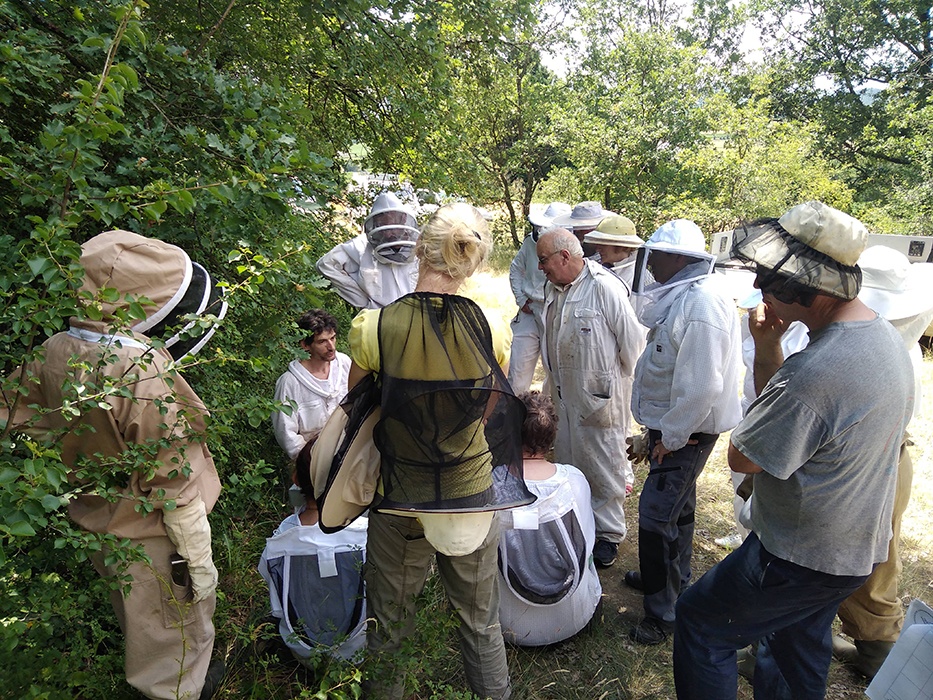
Full training programme
Attending a full training programme consisting in 52 hours theoretical instruction at home and 28 hours of practical training with a GPGR member enables to start producing royal jelly autonomously.

Technical handbook
Read the royal jelly producers’ technical handbook which provides a detailed description of processes, handling and organisation. The technical handbook includes English and Spanish translations. This is a complete handbook which enables readers to acquire the foundations for royal jelly production. However, it does not replace the need for practical experience stemming from the full training programme or resulting from your personal efforts.
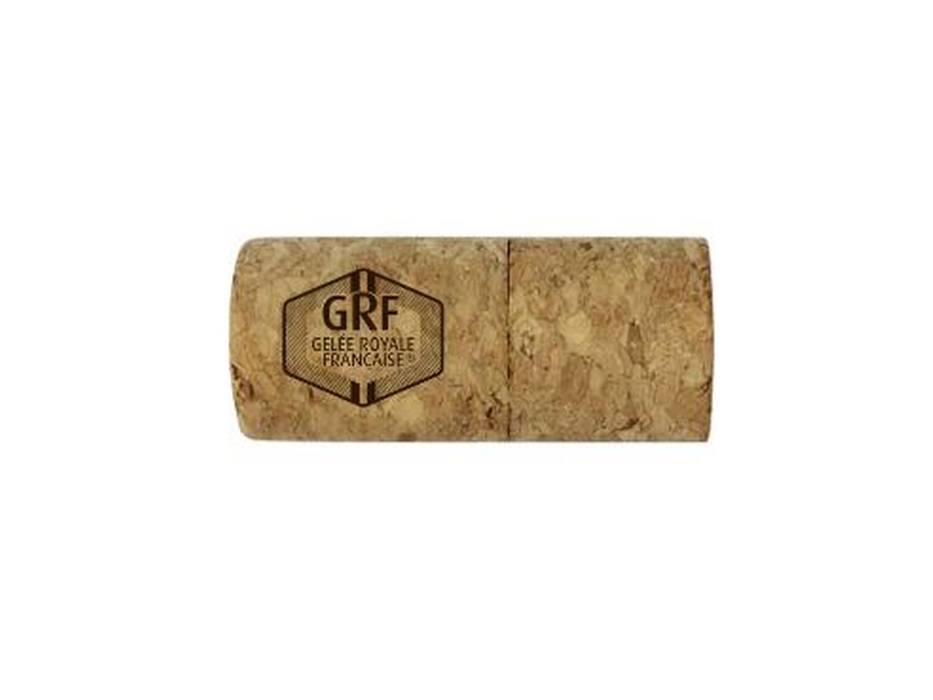
Royal jelly production DVD
Watch the royal jelly production DVD to gain an overview of the processes and handling involved. It is an additional tool of the technical handbook. There are french version and french version with english substitles.
A model of royal jelly farm has been created to give some economic results. These informations are intéressant after the training and before begining the production on the farm. This model provides of several farm results. A short version is available on ITSAP website. We can order the long version with the order form below.
![]()
To find out the next full training programme dates, to read some technical papers, follow our live newsfeed on this website , LinkedIn or Facebook.


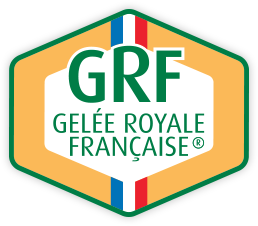


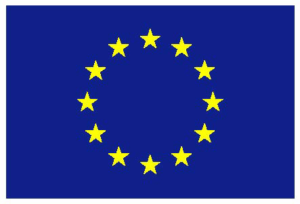
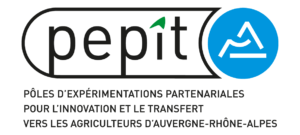

Short training session
Attending a short training session (1 day) offered in agricultural training centres, beekeeping organisations or beekeeper unions provide a background to royal jelly production.